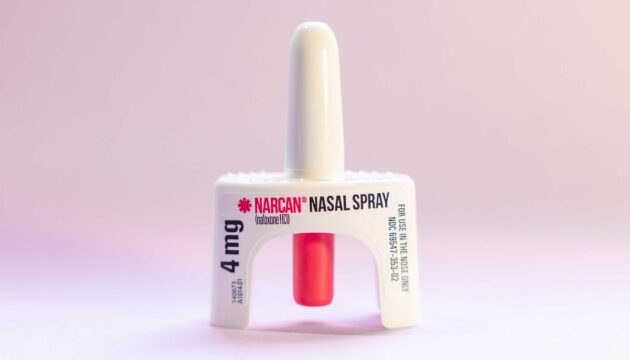Patient and Physician Behavior
Our work in Patient and Physician Behavior
-
A Clinical Pathway to Well-Being: Putting Patient Priorities at the Center of Care
Using a patient’s self-defined goals can be a powerful motivator for improving health outcomes.
Categorized in -
Centers for Disease Control and Prevention Guideline for Prescribing Opioids, 2022—Need for Integrating Dosing Benchmarks with Shared Decision-Making
A fully individualized, unstructured decision-making process
will not be adequate to protect patients receiving long-term opioid
therapy.Categorized in -
Why Doctors Using ChatGPT Are Unknowingly Violating HIPAA
USC Schaeffer Center senior fellow Genevieve Kanter says the risk to patient privacy posed by AI chatbots presents unique challenges.
Categorized in -
Is Exposure to Pharmaceutical Direct-to-Consumer Advertising for Heart Disease and Diabetes Associated with Physical Activity and Dietary Behavior?
Widespread exposure to such DTCA is associated with higher levels (though small in magnitude) of consuming alcohol, fast food, candy, and sugar-sweetened beverages.
Categorized in -
Health Care Privacy Risks of AI Chatbots
Ultimately, health systems facing increased risk of AI chatbot breaches must decide whether to discourage clinicians’ use of this technology or embrace it.
Categorized in -
Clinical Practice Guideline for Deprescribing Opioid Analgesics: Summary of Recommendations
Eleven recommendations provide advice about when, how and for whom opioid deprescribing should be considered.
Categorized in -
Clinician Job Satisfaction After Peer Comparison Feedback
A Secondary Analysis of a Randomized Clinical Trial
Categorized in -
Comparing Doctors to Peers Doesn’t Make Them Hate Their Jobs and May Improve Quality of Care
Researchers found that behavioral interventions aimed at improving performance can be designed to protect clinician job satisfaction and improve quality of care.
Categorized in -
Investigating the Complexity of Naloxone Distribution: Which Policies Matter for Pharmacies and Potential Recipients
Despite efforts to address the opioid crisis, opioid-related overdoses remain a significant contributor to mortality.
Categorized in -
Identifying Healthcare Stereotype Threat in Older Gay Men Living with HIV
The majority of Healthcare stereotype threat experiences were connected to the social identities of sexual orientation, HIV status, and age.
Categorized in









